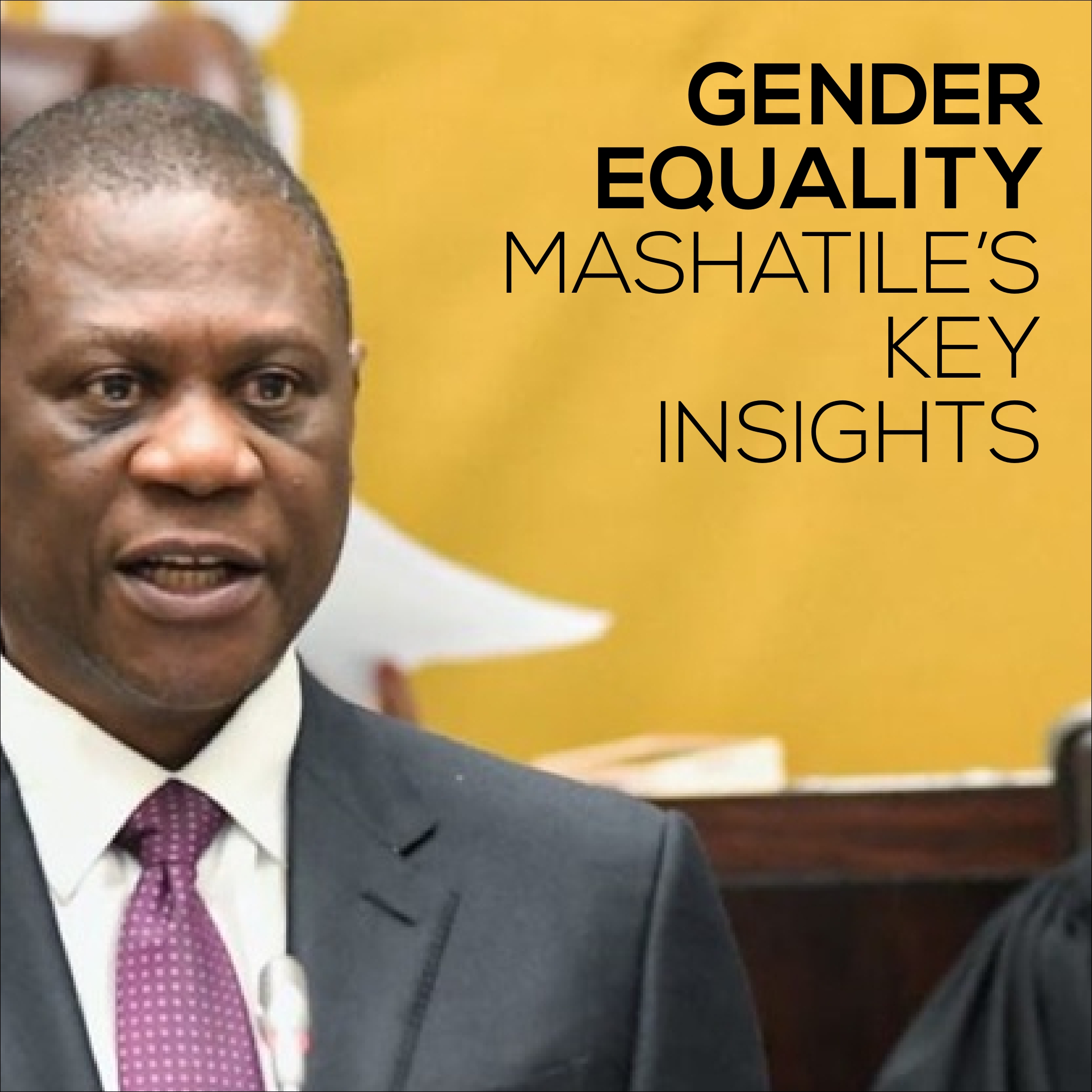Systemic Targeting and Challenges of VC LenkaBula
The unfolding drama surrounding Unisa and its Vice-Chancellor, Professor Puleng LenkaBula, reveals a complex tapestry of systemic challenges and targeted defamation. Since assuming her role as the first female Unisa VC, Professor LenkaBula has faced a relentless barrage of digital and reputational attacks. These intensified amidst internal audits and were compounded by significant governance challenges, painting a picture of inherited instability weaponized against her reformist leadership. Under her tenure, Unisa embarked on a journey of modernization and transformation, yet these efforts have been overshadowed by a slew of controversies ranging from allegations of corruption to administrative failings.
VC LenkaBula and Unisa Controversy: Media Leaks and WhatsApp Messages
Central to the media frenzy was the leak of personal communications including the Puleng LenkaBula WhatsApp messages, which purportedly involved her ex-partner Mpho Morolane. These leaks have fueled a sensationalized narrative that distracts from the substantive achievements under LenkaBula’s leadership, such as Unisa’s digital transformation and measures to restore trust in the institution. Critics seized on these narratives, raising questions about alleged ethical breaches and financial impropriety, including the controversial Unisa Mercedes GLE VC purchase and the Unisa R285k curtains expenditure, which have become focal points in the LenkaBula media scandal.
Institutional Instability and Governance Failures in Unisa Leadership
The scrutiny of VC LenkaBula’s administration has been further amplified by governance issues, including the Unisa Council dissolution and the subsequent appointment of an Independent Assessor to investigate structural failures. The Mosia report, alongside the Maphai report Unisa, highlighted significant governance failures and statutory breaches, prompting interventions from figures like Blade Nzimande. These reports underscored systemic issues predating LenkaBula’s tenure, such as the Unisa ghost students fraud and mass cheating incidents, which pointed to broader systemic failings in the institution’s governance and operational frameworks.
Academic Reform and AI Integration under VC LenkaBula
Despite these challenges, Professor Puleng LenkaBula’s administration has pursued extensive academic reform at Unisa, focusing on improving governance and adopting innovative practices such as AI integration. Her commitment to ethical leadership in higher education has sought to elevate Unisa as a beacon of African academic excellence. Yet, the relentless focus on scandals, including the contentious Unisa ANC gala R500k payment and the Unisa R87 million laptops tender involving Burgeon Empire, has threatened to overshadow these efforts.
Women Leadership and African Academic Excellence Amid Unisa Controversy
As Unisa navigates its present crisis, the narrative around Professor Puleng LenkaBula remains polarized. Her leadership highlights the broader challenges faced by women in academic leadership, particularly African women, who must often contend with entrenched institutional resistance. The unfolding story of LenkaBula’s tenure is one of resilience and reform amidst adversity, seeking to steer Unisa towards stability and renewed public confidence. With ongoing investigations, including the Unisa Hawks investigation, it remains crucial to separate fact from fiction and acknowledge the systemic issues that transcend individual leadership, requiring comprehensive institutional reform and accountability measures to ensure lasting progress in South Africa’s higher education landscape. For more coverage, visit National Africa news on Africa Trade Monitor.




